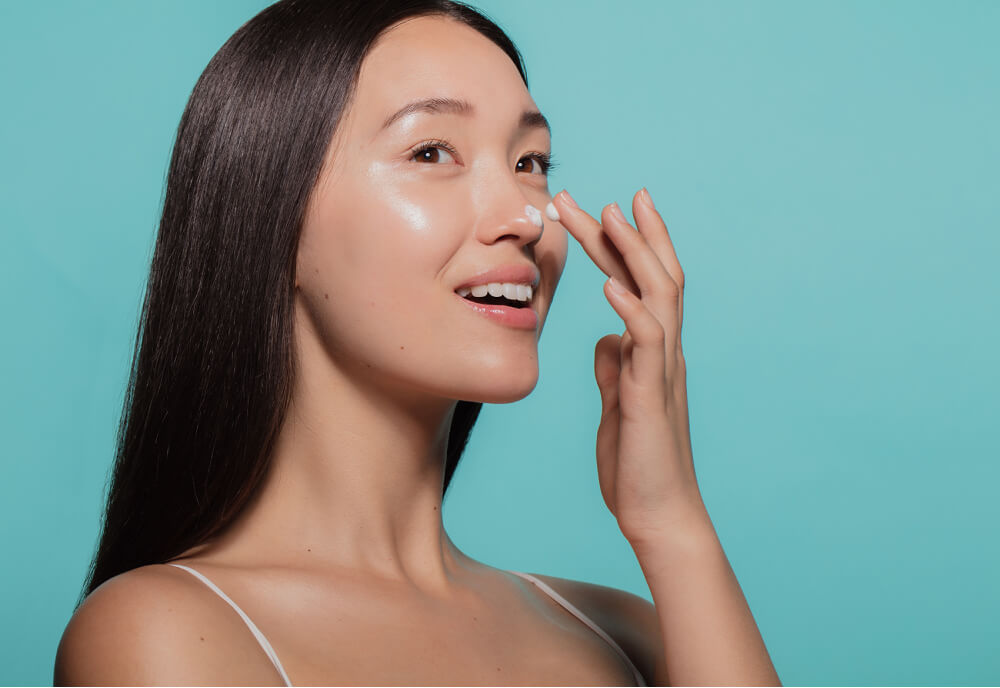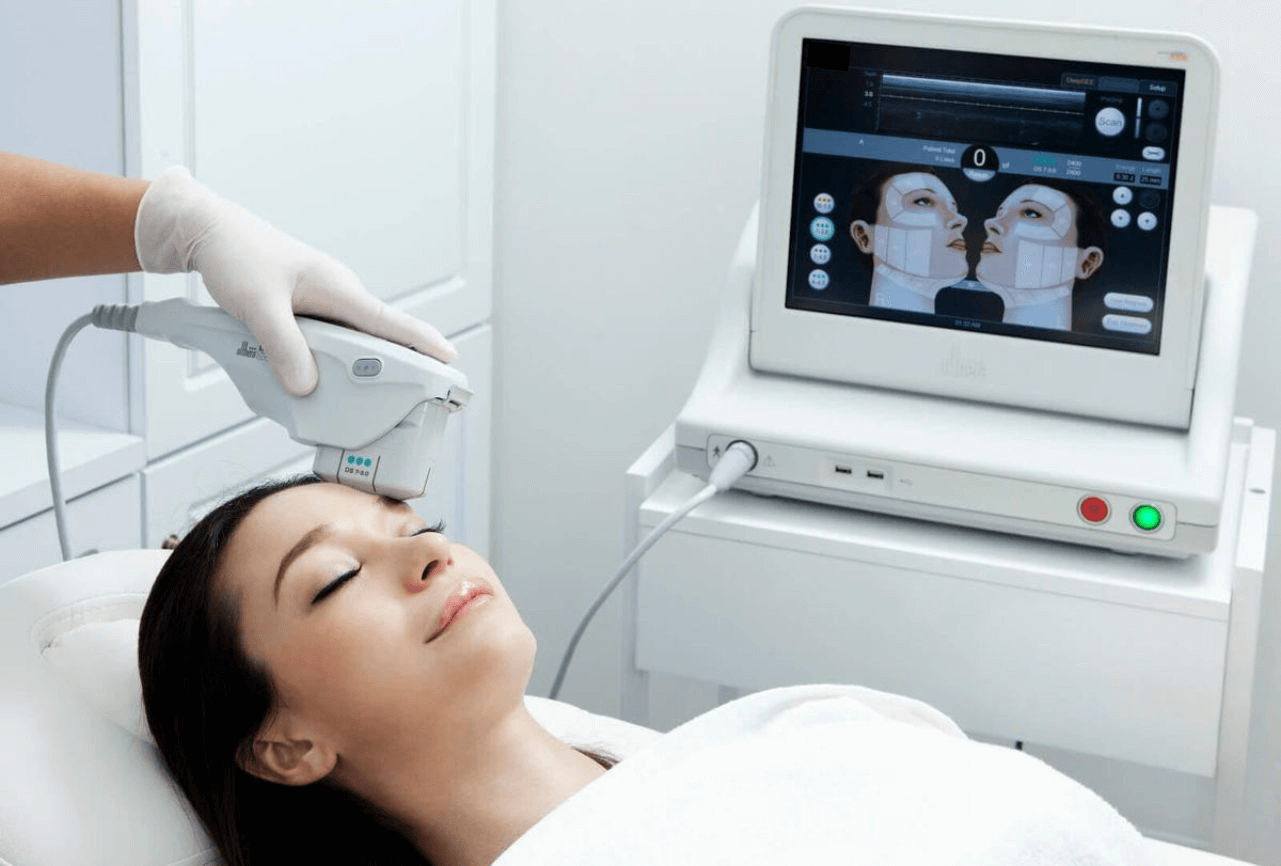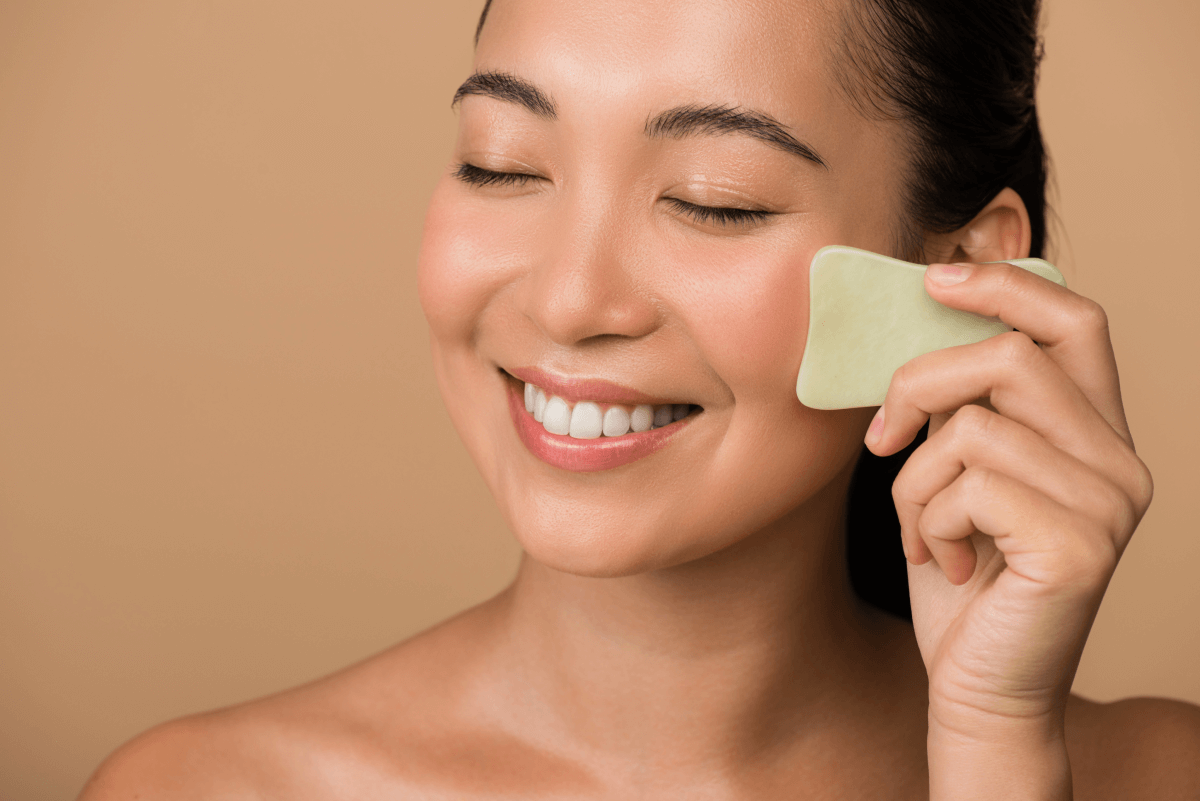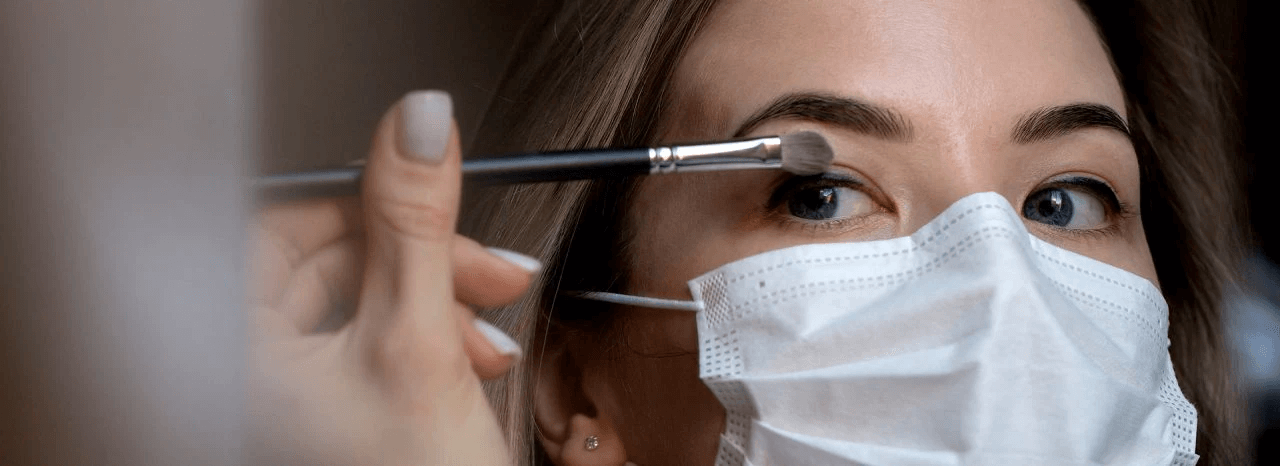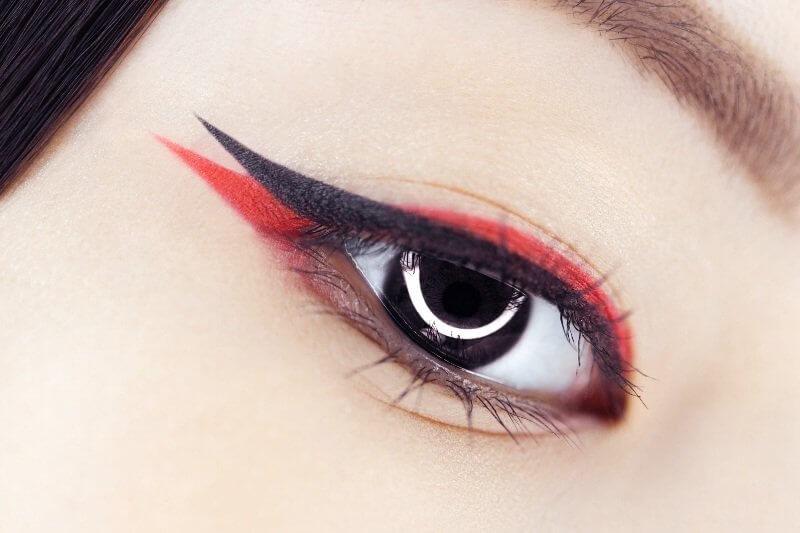It’s time to find out!
Botulinum toxin injections have undeniably risen to become one of the most commonly performed non-invasive cosmetic procedures worldwide. But with the increase in people opting for these injections earlier in life and at high doses, studies have shown an emerging trend of botulinum toxin resistance in patients. How do we then identify if it’s working?
Understanding Botulinum Toxin
A botulinum toxin injection is a minimally invasive aesthetic treatment that helps to reduce dynamic wrinkles found between your eyebrows and around your eyes. It works as a muscle relaxant to prevent the formation of dynamic wrinkles when making facial expressions. Resistance to botulinum toxin, stems from the development of antibodies towards it, resulting in diminished or even no visible effect even after multiple rounds of treatments.
Gasp! Have I Developed Resistance to Botulinum Toxin?
Here are some signs that suggest that you might be botulinum toxin resistant:
1) You enjoy a shorter duration of the effects from the treatment
2) You are required to inject higher doses of botulinum toxin to achieve the same effect
3) You are experiencing a complete loss of treatment effect
How Do I Prevent This?
Complexing proteins are foreign bacterial proteins found in certain botulinum toxin brands. It was previously believed to contribute to the effectiveness of botulinum toxin injections but now proved otherwise! So choose a Botulinum Toxin with Zero Complexing Proteins to lower the risk of neutralizing antibody formation and botulinum toxin resistance. Currently, there is no medication or drug to reverse botulinum toxin resistance. Hence, selecting the Pure Botulinum Toxin with Zero Complexing Proteins from the get-go, is essential to minimize the risk of developing botulinum toxin resistance!
Make sure to consult your beauty physician to ensure you’re receiving pure neurotoxin with zero complexing proteins to avoid immunity towards it!



